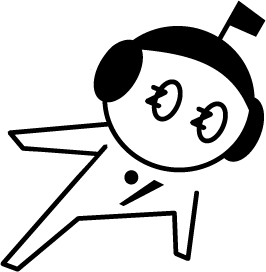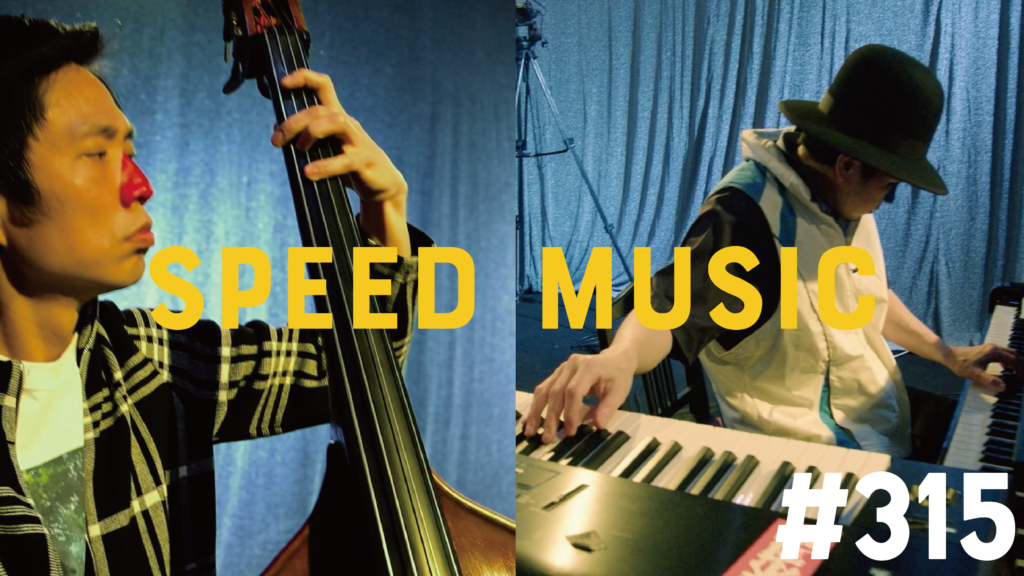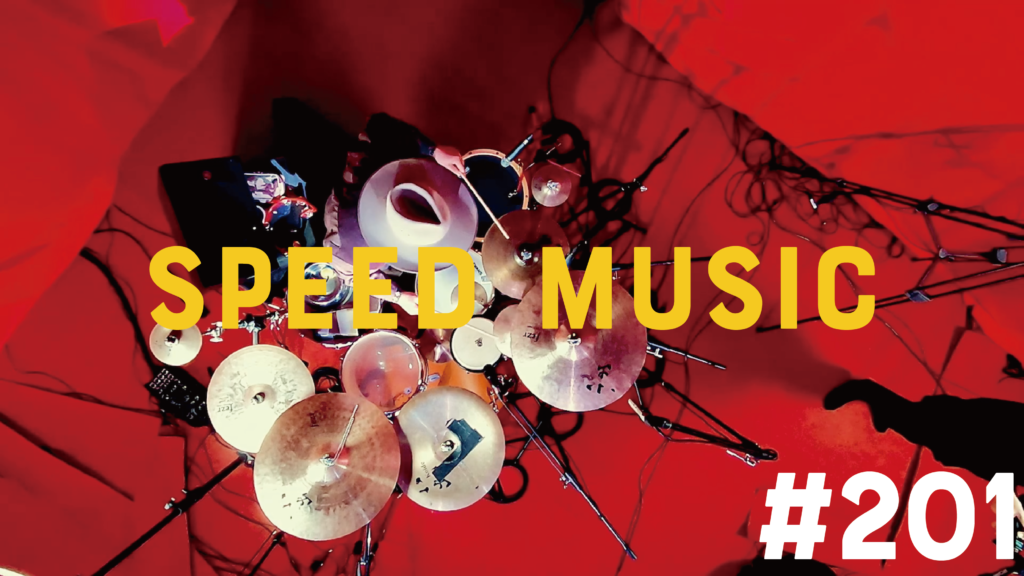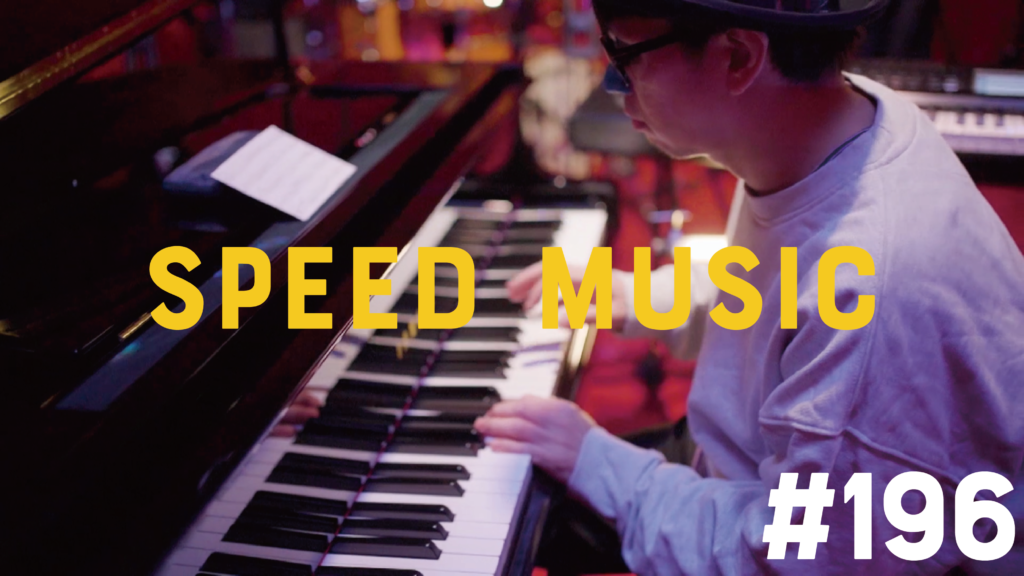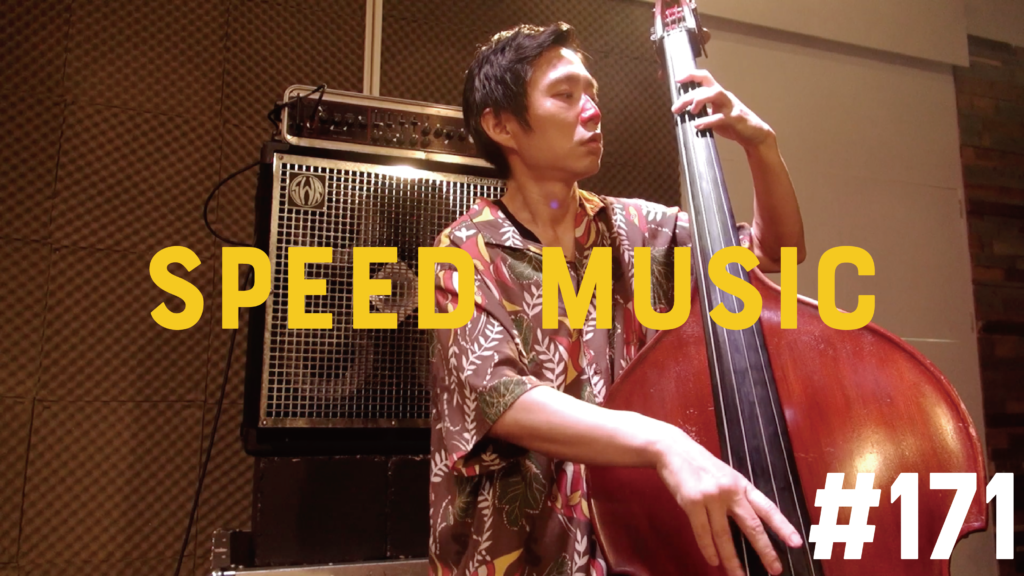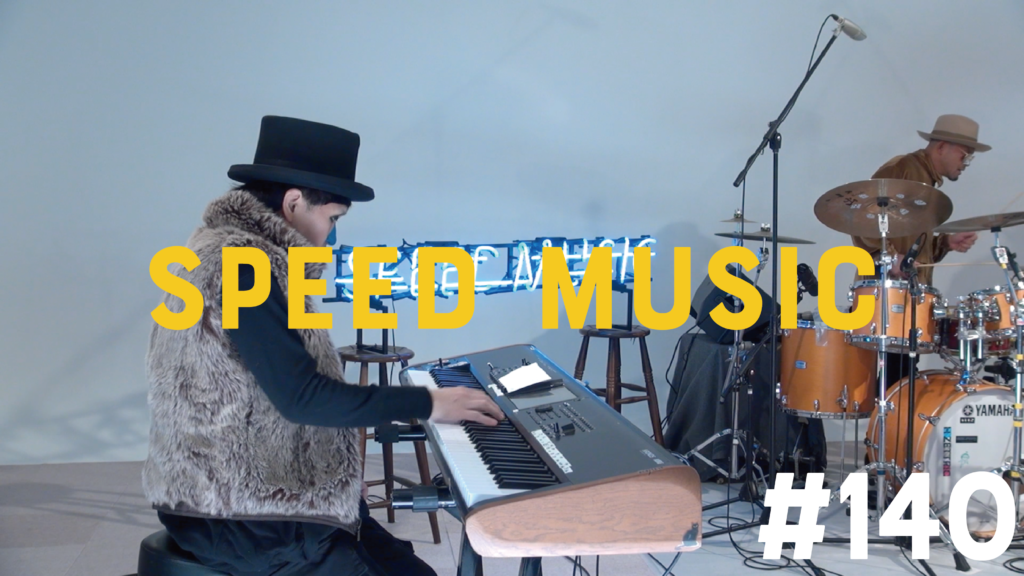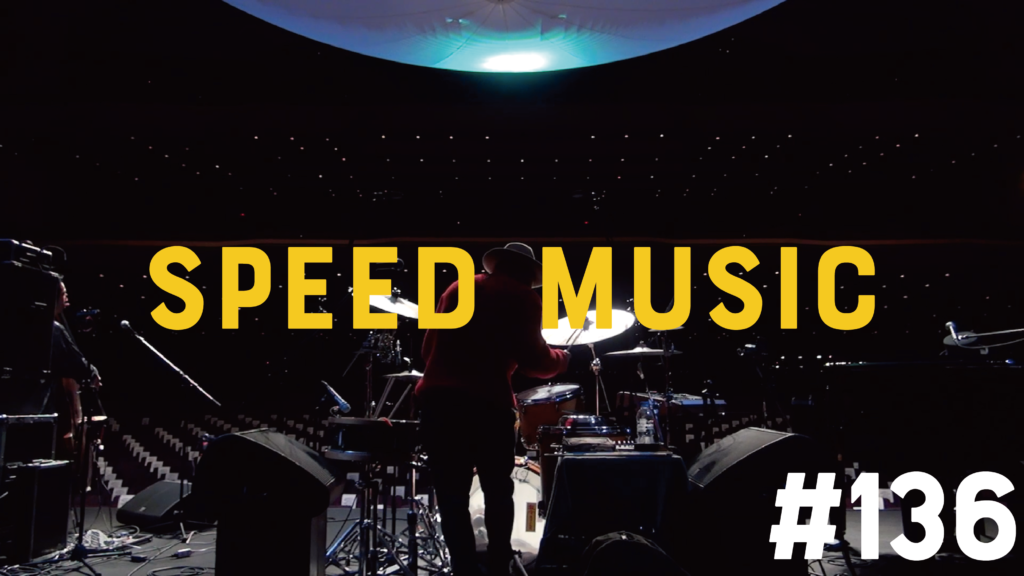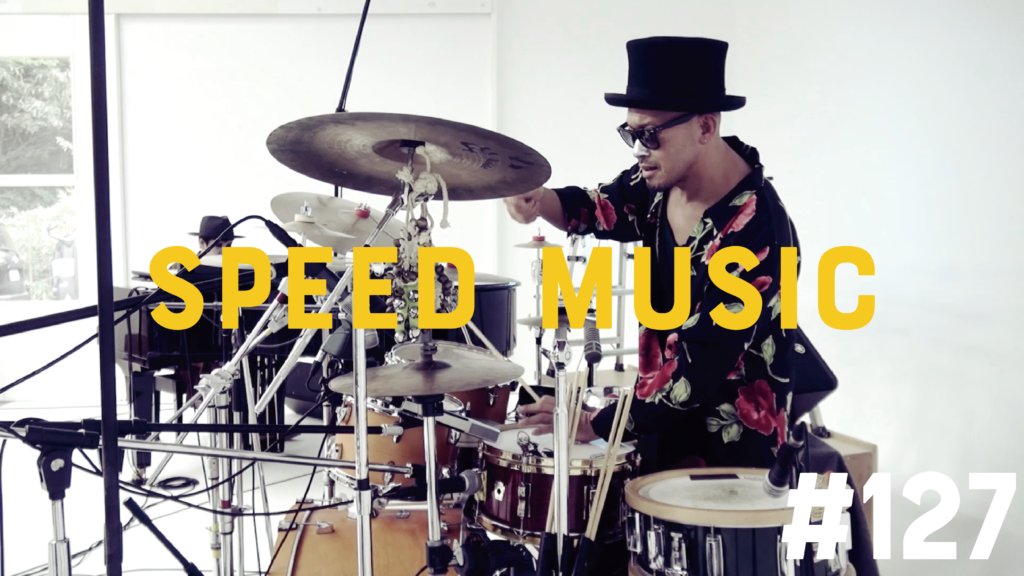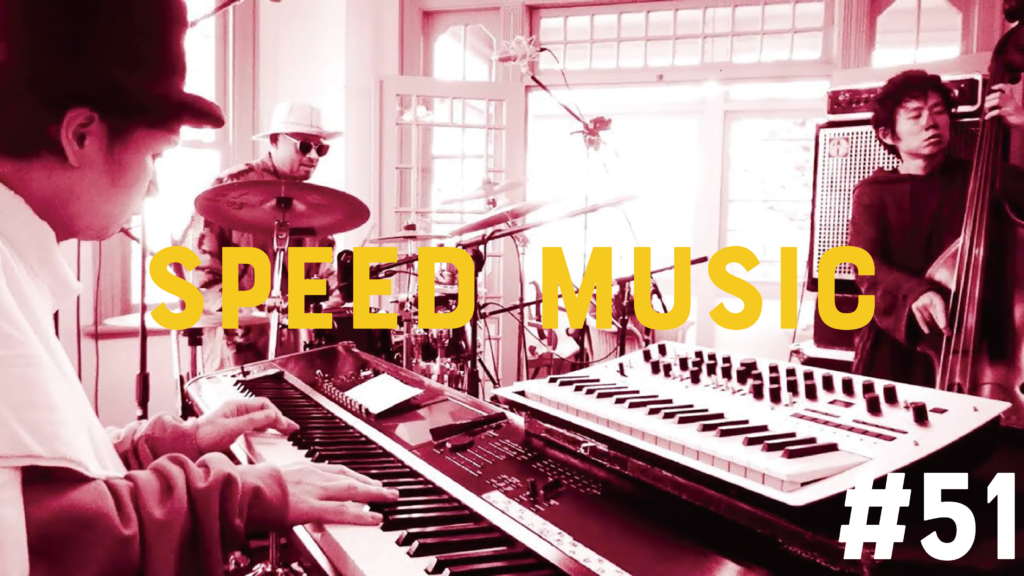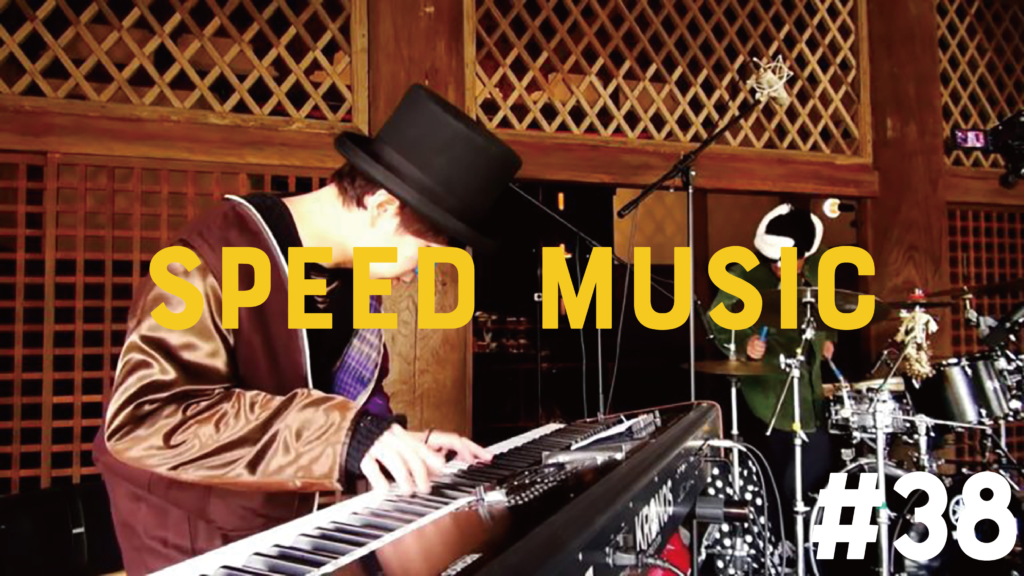#201 バンザイ〜好きでよかった〜 / ウルフルズ by H ZETTRIO
1996年2月7日に発売されたウルフルズ10枚目のシングル。アルバム『バンザイ』発売2週間後にシングルカット。既発曲ながら徐々に売上を伸ばし、前作「ガッツだぜ!!」に続き50万枚を超えるヒット。フジテレビ系ドラマ『勝利の女神』の主題歌に起用。曲中の詞「ラララふたりで」の「ラララ」部分は当初、歌詞に適したフレーズを考え付くまでの暫定的な処置として仮に付けられた。結局メンバー全員でアイデアを絞ったが納得の行く言葉が見つからず、「ラララ」がそのまま採用となった。(フリー百科事典 ウィキペディア日本語版より:https://x.gd/4WK2L)
This is the 10th single by Ulfles, released on February 7, 1996. The single was cut two weeks after the album "Banzai" was released. Although it was an already released song, its sales gradually increased and it became a hit, selling over 500,000 copies, following on from the previous album "Guts Daze!!". The song was used as the theme song for the Fuji TV drama "Goddess of Victory". The lalala'' part of the song's lyrics ''Lalala Futari de'' was initially added as a temporary measure until they came up with a suitable phrase for the lyrics. In the end, all the members narrowed down their ideas, but could not find a satisfactory word, so ``Lalala'' was adopted as is. (From the free encyclopedia Wikipedia Japanese version: https://x.gd/4WK2L)
